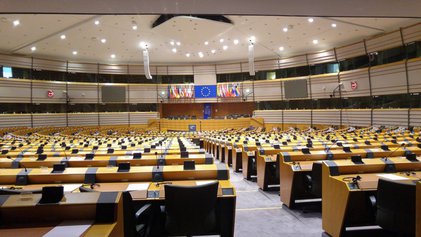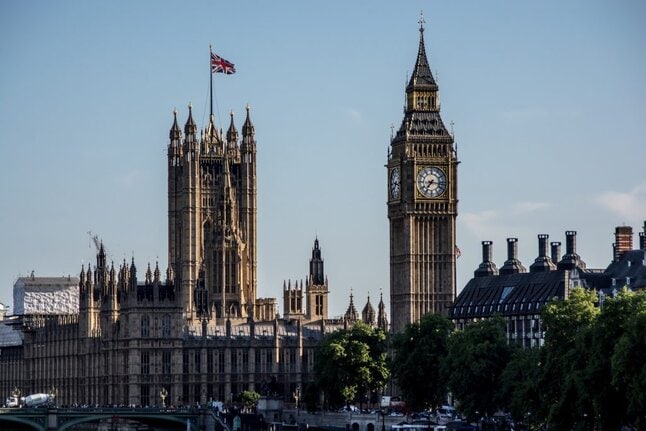The UK Environment Bill – a distant star
https://www.stefanscheuer.eu/wp-content/themes/osmosis/images/empty/thumbnail.jpg 150 150 ioana bere ioana bere https://secure.gravatar.com/avatar/2f1488215f0e5e2381f544cefcef2dc7?s=96&d=mm&r=gEarlier this week, the UK Government postponed again its Environment Bill, which Prime Minister Johnson has previously called ‘the huge star of our legislative programme’.
UK environmental groups such as RSPB, WWF and Greener UK are unhappy with the delay as it risks weaker environmental protections. The aim of the Bill is to bridge the governance gap created by Brexit, by establishing a domestic framework for monitoring and enforcing environmental laws.
‘Our only hope is that this delay is used to improve the bill’, said Beccy Speight, the RSPB’s chief executive.

For example, campaigners are calling for improvements to the environmental targets in the Bill (including legally binding interim targets) and for environmental principles (such as the precautionary principle) to be strengthened, i.e. via a duty on government to apply them.
This is the third time the Bill has been delayed, on which work first began in July 2018. According to the UK government, it will return in the next Parliamentary session (spring 2020), which means it’s unlikely to pass Parliament before autumn 2020.
BBC on the delay of the Environment Bill
Previous Brexit Watch articles on the Environment Bill and the Office for Environment Protection: BW 27, BW 21, BW 20, BW 15, BW 12, BW 5.





